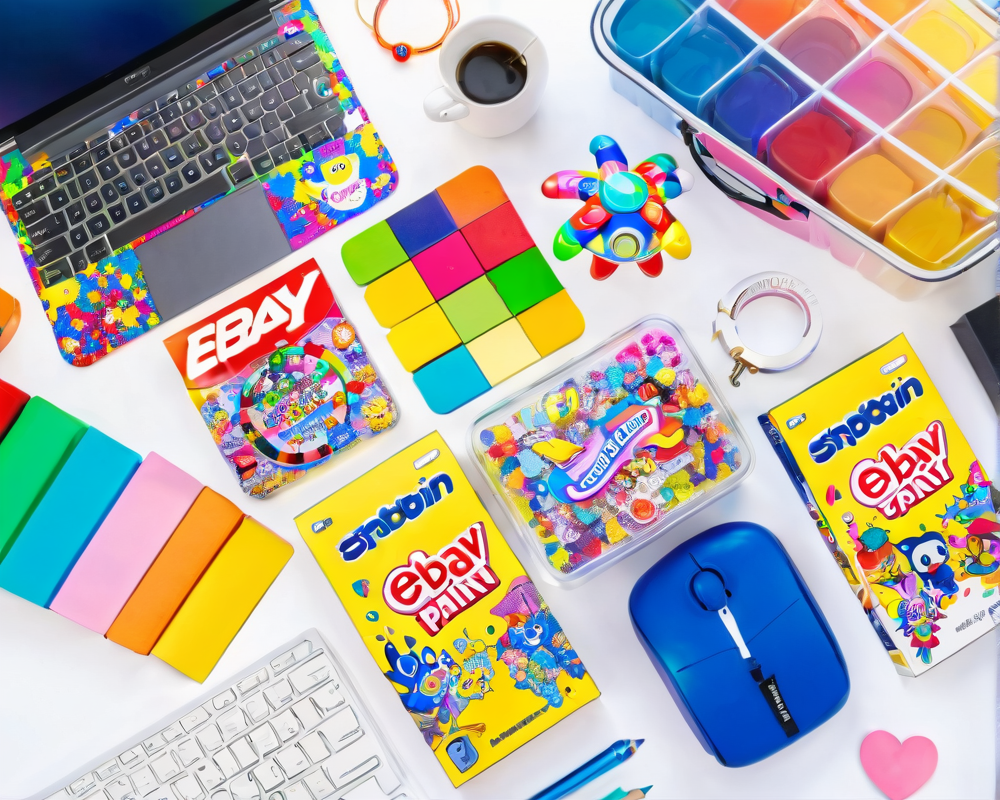Introduction: The Future of NFTs and Royalties
At the Solana Breakpoint 2022 conference on November 5, Jack Lu, CEO of the Solana-based NFT marketplace Magic Eden, proposed the development of NFTs designed to enforce royalties, potentially creating a new asset class within the rapidly evolving NFT space. As the debate around opt-in royalties intensifies, Lu emphasized the necessity of establishing sustainable revenue models for creators.
Enforcing Royalties Through Technological Innovations
Lu stated that while the concept of royalties is essential, enforcing them under the current design lacks feasibility. He identified substantial opportunities for innovation in creating NFTs that can adhere to royalty structures. Lu explained:
“There is a real opportunity to give rise to a new asset class, and this asset class will have special properties but also have special trade-offs.”
The proposed enforcement would grant creators some level of control over their work, something that many within the NFT community are willing to accept as they strive to ensure their business models can thrive.
Upcoming NFT Launch with Royalty Enforcement
Magic Eden plans to unveil an asset designed to enforce royalties in collaboration with Cardinal— a protocol that enables conditional NFT ownership— and privacy-focused browser Brave. According to Lu, the launch is set for next week, showcasing the marketplace’s commitment to evolving the NFT landscape.
Global Developments: South Korea’s CBDC and NFTs
In parallel developments, the Bank of Korea (BOK) has conducted tests regarding the purchase of NFTs using its central bank digital currency (CBDC). According to a report from Yonhap, simulations involving the digital won incorporated functionalities necessary for digital currency use, including NFT transactions. This indicates a comprehensive approach to integrating blockchain technology and digital assets into everyday usage.
Zero-Knowledge Proofs
The BOK also explored zero-knowledge proofs to enhance user privacy. The potential application of zk proofs aligns with the broader trend of using NFTs as digital identities, although specifics about whether the NFTs involved in the trial served this purpose remain unclear.
Success Story: TinyTap NFTs Support Education
In a successful move to empower educators, the NFT project by Animoca Brands, in conjunction with its subsidiary TinyTap, sold six educational course NFTs for a total of approximately 138 Ether (around $228,000). The project aims to allow teachers to earn revenue from the courses they develop, with educators receiving a 50% share from the NFT sales and a continuing revenue stream.
Luxury Brands Eyeing Web3: Rolex Moves to the Metaverse
In a notable corporate shift toward the metaverse, luxury watch manufacturer Rolex has filed several trademark applications indicating plans to offer NFTs, crypto transactions, and virtual goods auctions. Mike Kondoudis, a trademark attorney, highlighted these developments, noting that Rolex is preparing for a robust Web3 presence.
Trademark Surge Reflects Industry Growth
The increasing interest from companies in crypto, Web3, and NFTs has led to a significant rise in trademark applications throughout 2022, reaching over 4,700 by the end of October, surpassing the previous year’s total of 3,547.
International Challenges: Wuhan Scraps NFT Plans
Conversely, regulatory challenges in China have led to the cancellation of NFT initiatives in Wuhan, aimed at revitalizing the economy post-COVID-19 pandemic. This decision underscores the growing uncertainties surrounding crypto and Web3 technologies in an increasingly regulated environment.
Conclusion: The Evolution of NFTs and Digital Assets
As leaders in the NFT and crypto spaces devise innovative solutions to enforce royalties and ensure creators’ rights, the landscape continues to evolve. With significant developments occurring globally, from South Korea’s testing of CBDCs to luxury brands like Rolex exploring the metaverse, the future of NFTs will undoubtedly weave together technology, creativity, and commerce in new and exciting ways.



